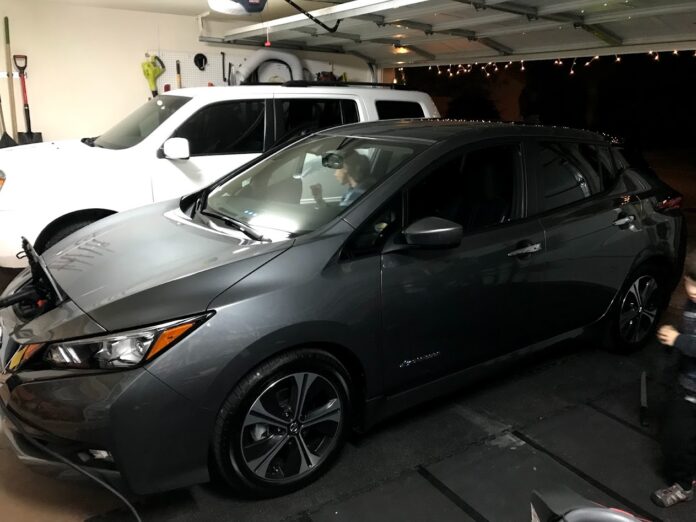The Inflation Reduction Act (ha, still love the how they named it something it’s won’t do) revamped the EV tax credit for electric vehicles, and the devil is the detail. It’s going to screw more people than it helps. The major of the beneficiaries of the policy are the domestic car companies, not the consumer.
First, a buyer no longer gets the $7500 back from the feds when they file their taxes. Now, the dealer you buy the car through process the credit at the time of the sale. This means that dealerships will roll the refund into the negotiationa of the sales price. They will include it in the final price, meaning the sales person will do their best to offset the rebate by jacking up the price of the car and then tell the buyer how great of a discount they are getting. When I bought my car there was none of this. I negotiated the price of the car based on the basics. The tax refund never was, or could be, part of the negotiations.
Two, only vehicles built and/or assembled in a US factory get the rebate. This automatically removed a large number of cars from the list. This includes the car I was intending on buying next, the Kia Ionic. Kia’s electrics are not currently not built in US factories and are shipped from Korea. Guess I’m shit out of the luck.
Next, you have the location of where the minerals were obtained to build the battery. 40% of the materials in the battery must come from the US or a country that the US has a free trade agreement with. Just to be clear, there is no such thing as domestic mining of any of the minerals needed. Here is how much of the needed minerals are imported:
- Cobalt: 76%
- Graphite: 100%
- Lithium: 50%
- Manganese: 100%
- Nickel: 50%
Then you have this, “starting in 2025, any vehicles that have minerals sourced or processed from locations that the U.S. have deemed “countries of particular concern”—namely, China and Russia—would become immediately ineligible. We import most of those minerals from China, who is quietly gaining a monopoly on those resources.
Here’s the last kicker . . . if the car cost more than $55,000, no rebate for you. In 2022, Kelly Blue Book puts the average cost of an EV in the US at $66,000. When I bought my car in 2018, an average model of the Nissan Leaf, sticker price was $43,000 and my car was nothing special, considered a “discount” EV by the car companies.
The Alliance for Automotive Innovation figured that out of the 72 current EV models you can buy in the US, 70% of them are ineligible. Funny, I don’t remember Biden or the Democrats mentioning this when they talked about how awesome the rebate plan was.

